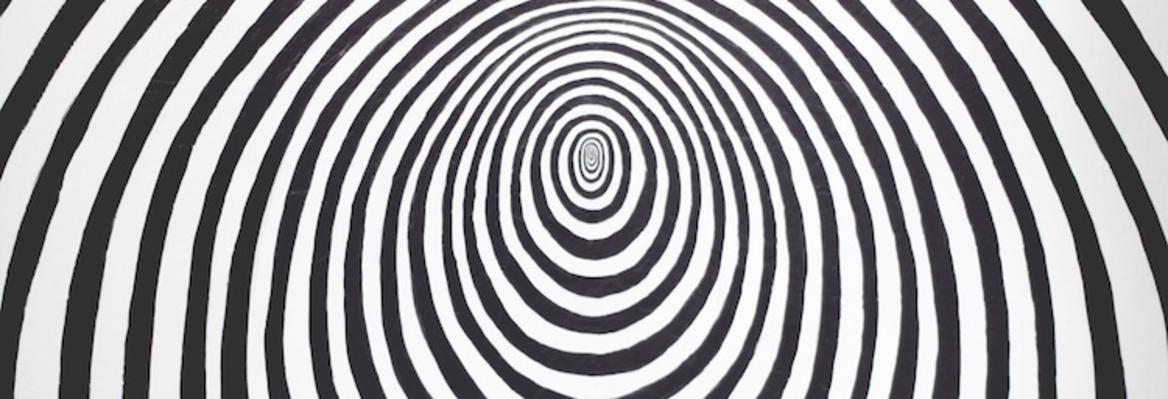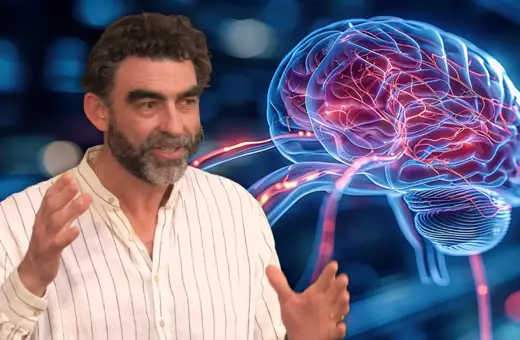The idea that consciousness requires a self has been around since at least Descartes. But problems of infinite regress, neuroscientific studies, and psychedelic experiences point to a different reality. 'You' may not be what you seem to be, writes James Cooke.
We typically feel like we are the conscious subject, the one who has experiences. Look around you in this moment and direct your attention to different objects. It can feel like we exist in our heads, behind our eyes, directing a spotlight of attention in order to wilfully make things conscious. This intuitive model of the mind has often been imported into the science and philosophy of consciousness, leading to confusion in our understanding of the true nature of experience. This subject is not the bodily organism, it is something that is felt to live inside us, the possessor of the body, the “you” that is reading these words now. Consciousness is very much a property of the bodily subject, but not of the conscious subject that is felt to live in our heads.
Thinking in terms of conscious subjects was present at the very origins of the scientific method, in the work of Rene Descartes. Descartes saw the natural world as unconscious mechanism. Humans alone were conceived of as being conscious by virtue of a transcendent subject that could illuminate our experience of the world [1]. If we want to understand consciousness, however, postulating the existence of an inherently conscious subject merely passes the buck of explanation. What makes that conscious subject conscious? If it is intrinsically conscious then consciousness has not been explained. If not, then what makes it conscious, another subject within it? With this logic we end up in an infinite regress, with consciousness never being explained. This view of the mind has been dubbed the Cartesian Theatre by philosopher Daniel Dennett [2].
Many scientific accounts of consciousness too appeal to a self-like mechanism in the brain that is responsible for bestowing the illuminating quality of consciousness on the informational content processed by the brain [3]. The brain is a hierarchically structured network, with sensory information entering the brain at the bottom of this hierarchy and subsequently passing through multiple layers of processing. In contrast to the lower levels which analyse sensory information, the top levels deal with cognitive tasks such as decision making and the directing of attention. Some theories hold consciousness to arise in a bottom-up manner, passively bubbling up out of the information-processing performed by the brain. Subject-based theories, on the other hand, see consciousness as a top-down phenomenon, something that occurs as the result of active introspection performed by high-level brain regions [4]. The brain is organised so that sensory information is predominantly processed in the posterior half of the brain, while executive functions such as decision-making and attention largely rely on brain areas in the front half of the brain. Neural correlates of consciousness have been observed in both posterior and anterior brain regions, lending credence to both the bottom up and top down perspectives [5].
___
This intuitive model of the mind has often been imported into the science and philosophy of consciousness, leading to confusion in our understanding of the true nature of experience.
___





















Join the conversation